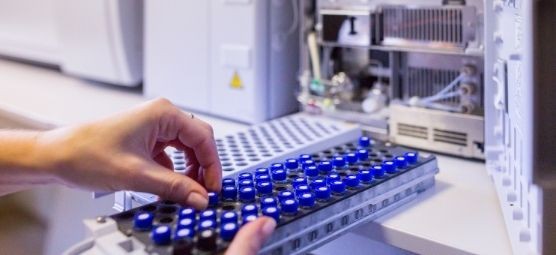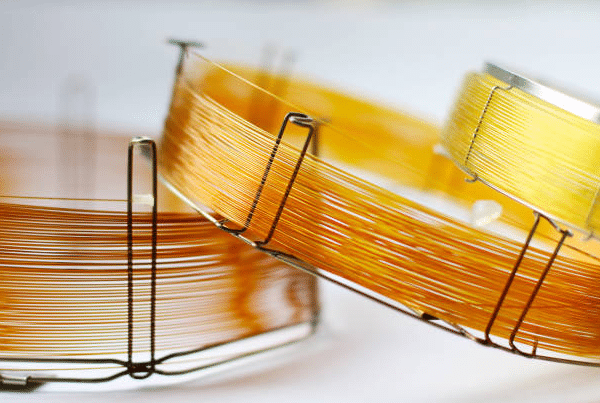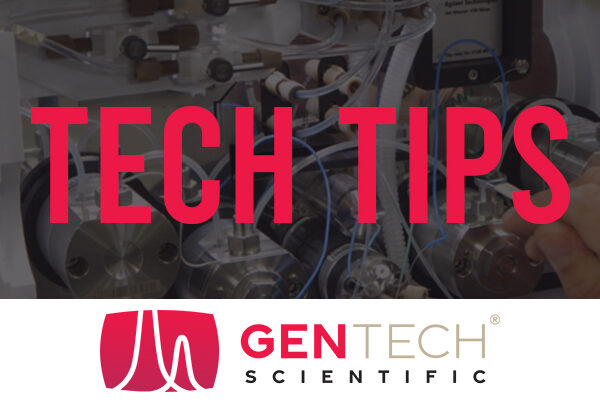The scientific method requires attention to detail and management of all variables. Chromatography demands precision, and temperature is one of those crucial variables people don’t always utilize to their advantage. Here is why temperature control is so important in HPLC.
What Is HPLC?
Those familiar with chromatography will understand the general process of separating a solution into its various parts. However, chromatography is not a singular entity—there are numerous methods for achieving this separation. HPLC is one way that scientists both divide and measure the parts of a solution. HPLC stands for high-performance liquid chromatography. For this chromatography approach, one must carefully measure the pressure, temperature, liquid mobile phase, and solid stationary phase.
What Role Does Temperature Play?
Column chromatography allows gravity to pull the mixture through the polar or non-polar phases, separating each solvent as it goes. However, gravity isn’t always enough, so scientists utilize pressure and temperature to accelerate the process and elicit better results. Higher temperatures in the chromatographical process lead to shortened separation times, increased efficiency, and reduced column back pressure. Because high temperatures help accelerate particulate movement, technicians can use longer columns to test smaller particles with accurate readings.
How Can I Control Temperature Well?
If you don’t already utilize the incredible benefits of temperature in your chromatography processes, you should start today. You can begin with the smallest temperature changes and watch as the processes accelerate. If you need reliable results, you should use an HPLC machine from our selection at GenTech Scientific. The temperature controls on our models drastically impact chromatography efficiency.
Knowing why temperature control is so important in HPLC equips scientists and technicians alike with the tools to manipulate substances to the best of their ability. If you have further questions about temperature in chromatography or the way HPLC machines work, reach out to our professionals at GenTech Scientific today.







